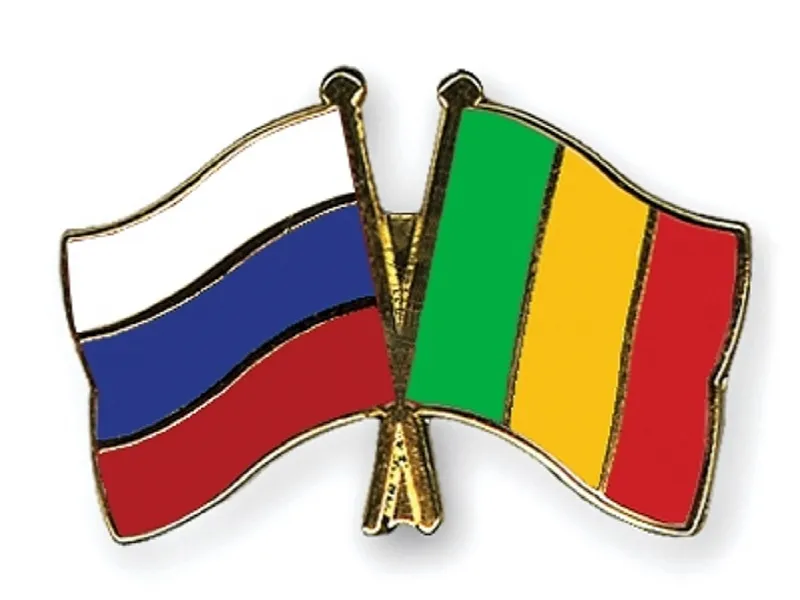Instead of fleeing in the face of foreign-backed Al Qaeda-connected terrorists recently declaring war on it in Mali, Russia proved that it’s ready to double down by doing its utmost to ensure that its regional ally can wipe out these destabilizing forces once and for all after France failed to do so despite nearly a decade of supposedly trying (but which many suspect was actually a ruse for reasserting its neo-colonial interests there).
Sputnik reported on Tuesday that Mali received several military planes and helicopters from Russia during a ceremony presided over by interim President Goita and Defense Minister Camara, the second of whom was quoted as describing the event as “historic in nature”. That’s not hyperbole either because the L-39 and Su-25 fighter jets as well as Mi-24P and Mi-8 attack helicopters and CASA C-295 tactical transport aircraft that this West African multipolar pioneer received from that Eurasian Great Power will greatly bolster its anti-terrorist capabilities. This is especially important after Al Qaeda-connected terrorists that are speculated to be secretly backed by France to an uncertain extent launched an unprecedented attack against Mali’s largest military base and then declared war on its Russian ally.
Instead of fleeing in the face of this foreign-backed terrorist threat on an entirely separate continent, Russia proved that it’s ready to double down by doing its utmost to ensure that Mali can wipe out these destabilizing forces once and for all after France failed to do so despite nearly a decade of supposedly trying (but which many suspect was actually a ruse for reasserting its neo-colonial interests there). Paris is preparing to wage an all-out proxy war against Bamako after its former vassal liberated itself from France’s yoke following last year’s military coup and subsequently kicked out that European country’s forces only to reportedly replace them with members of Russia’s mysterious Wagner Group. As such, there was no way that Moscow could let its new ally fight alone in this latest front of the New Cold War.
While Russia’s military assistance to Mali is historic in the context of its West African partner’s history and especially the newfound security conditions in which it found itself following its former French overlord’s decision to wage a terrorist-driven proxy war against it, it’s not unique in and of itself since it actually represents the latest application of the model that Moscow first perfected in the Central African Republic (CAR). The author explained how it works in his recent analysis about the additional assistance that Russia’s dispatching to that state upon its request, which can be summarized as the creative employment of counter-Hybrid Warfare tactics and strategies designed to strengthen its partners’ strategic sovereignty and thus help them fully complete their decolonization processes.
The CAR’s present needs require Russia to train more of its army, police, and gendarmerie while Mali’s relate to receiving military aircraft, with the difference between them being due to the unique nature of the Hybrid War threats that they’re facing as well as their geography. What’s so impressive about Russia’s security assistance to its two African allies is they received what they required within a week of one another, which speaks to Moscow’s ability to meet the vastly different needs of its partners in different parts of the continent within a short period of time, thus bolstering its credibility as a reliable security partner. Not only is Russia committed to helping African countries eradicate terrorism, but also in defending themselves more broadly so that they can fully liberate themselves in the coming future.
This is in line with President Putin’s global revolutionary manifesto and the comprehensive explanation of the global systemic transition to multipolarity that his Ministry of Foreign Affairs recently shared. Both hyperlinked summaries as well as the primary documents themselves should be read by those readers who want to obtain a more confident grasp of the grand strategic goals that Russia seeks to advance across the world, which will in turn help them better understand what it’s striving to achieve in Africa as well. Russia’s anti-terrorist commitment to Mali is but a single part of Moscow’s larger plan to accelerate the emerging Multipolar World Order, to which end it must stand in solidarity with its allies and strategic partners alike as they joint work together in pursuit of this noble shared interest.

